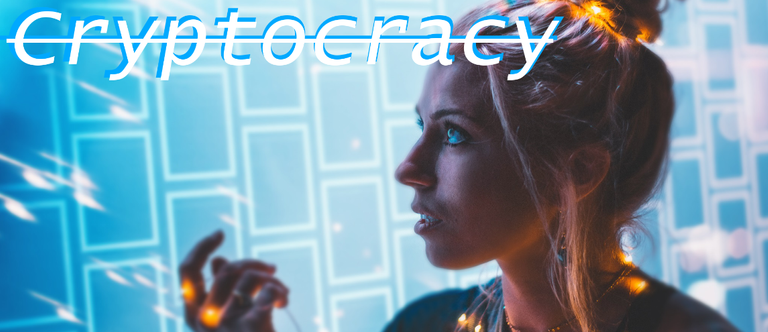
Most cryptocurrencies offer their users some degree of privacy and anonymity. While a wallet address can sometimes be tracked, and transactions can be monitored, the user still has to be positively linked to the wallet. Monero avoids all of this by creating a completely private, secure and obfuscated blockchain. One of their main goals is to prevent tracking users through transactions or wallet addresses, and they’ve fairly well accomplished that.

Private and Fungible
Monero is based on an entirely different blockchain than Bitcoin, with a few critical design features that ensure the promised privacy. The first is the use of ring signatures, which effectively removes the end user’s identification from the system. Instead, transactions pass through entire groups of users, using stealth addresses that are created for individual transactions. Single units of Monero are not identified, which prevents their being linked to certain actions and blacklisted by the blockchain. This makes all Monero coins equivalent to each other, and therefore fungible.
Small Scale Mining
Unlike the processing juggernauts necessary for Bitcoin, Monero is resistant to ASIC mining. As such, the barrier for entry to Monero mining is much lower, allowing smaller miners to compete in the field. This has added a new level of mining that would not be possible for other coins – allowing users to mine through web applications. While this has some potential downsides, it also allows traditional websites to replace advertising with integrated Monero mining software. So long as the end user has informed consent of this process, it’s an excellent alternative to traditional advertising methods.
So why Monero?
Monero is private, easily mined and somewhat widely adopted. When someone needs to transfer value in a way that is not as transparent as other cryptocurrencies, the process of converting to Monero is fairly simple and completely secure. Their blockchain is stable and major media websites have started to adopt their mining process as an alternative to advertising – a feather in the cap of Monero, and a means by which their value will increase.
But why not?
The privacy inherent in the Monero system is particularly useful for illicit industries. The inability to track funds and the complete obfuscation of actors on the blockchain makes Monero the cryptocurrency of choice for all manner of black market goods. Obviously, this somewhat tarnishes the reputation of the coin. Due to the small scale mining ability, non-consent mining schemes have cropped up on unscrupulous websites, and in the form of malware. This further degrades perception of Monero, and the coin is known for both of these factors.
This is part of my ongoing series of basic primers for cryptocurrency. If you found it useful, interesting or just like my style - consider following me! I can also be found on Twitter at @Decryptios
Previous primers;
A Dash Primer
An IOTA Primer
A NEM Primer
An EOS Primer
A Stellar Lumens Primer
A Cardano Primer
A Ripple Primer
A Bitcoin Cash Primer
A Litecoin Primer
A NEO Primer
An Ethereum Primer
Congratulations @stratafyre! You received a personal award!
Happy Birthday! - You are on the Steem blockchain for 1 year!
Click here to view your Board
Congratulations @stratafyre! You received a personal award!
You can view your badges on your Steem Board and compare to others on the Steem Ranking
Vote for @Steemitboard as a witness to get one more award and increased upvotes!